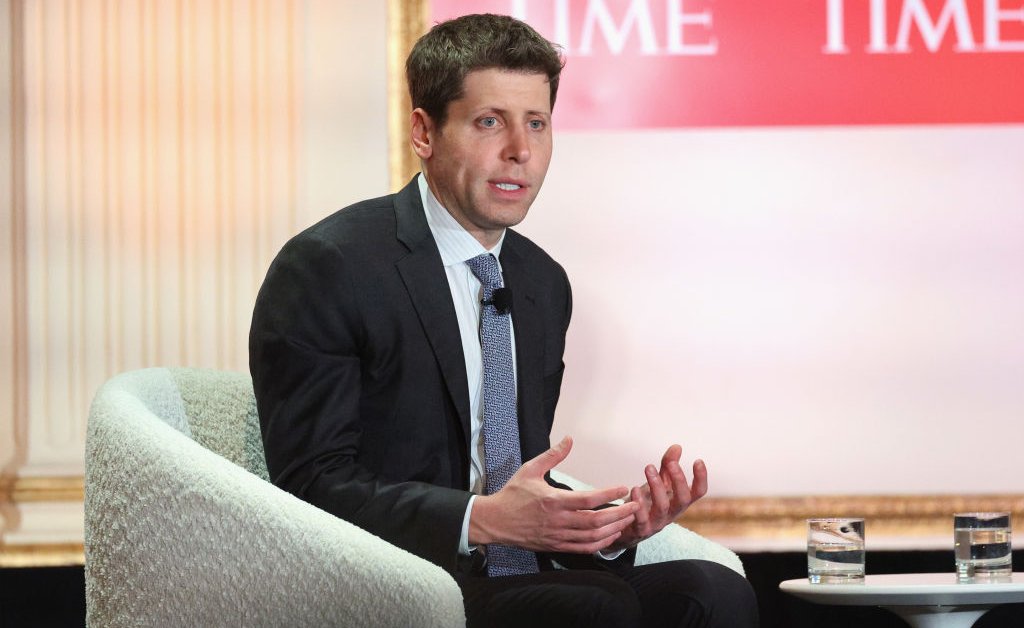Scarlett Johannson has found herself in a public battle with OpenAI over the use of her voice in their latest AI chatbot, ChatGPT-4o. The chatbot featured a female voice that many people noted bore a striking resemblance to Johannson’s voice in the movie Her, where she played a chatbot who falls in love with the protagonist. OpenAI CEO Sam Altman has acknowledged that the movie inspired the company’s products, but claimed that the voice in the chatbot was not directly inspired by Johannson. However, Johannson released a statement saying that OpenAI had asked her to be the voice of the chatbot, and when she declined, they found a soundalike. This revelation has sparked a wave of backlash against Altman and OpenAI on social media.
This is not the first time OpenAI has faced criticism for its practices regarding permissions and copyright. The company has been accused of cutting corners in the past to expedite its growth, leading to ethical concerns and legal challenges. Johannson’s public condemnation of OpenAI’s actions has added fuel to the fire, with many questioning the company’s ethics and practices. Altman’s tweet linking the chatbot’s voice to the movie Her has only fueled speculation that the use of Johannson’s voice was intentional, despite the company’s denial.
The controversy surrounding OpenAI and Scarlett Johannson highlights the ethical dilemmas that arise in the development and use of AI technology. The unauthorized use of someone’s likeness or voice raises questions about consent, intellectual property rights, and the boundaries of creative expression. OpenAI’s decision to proceed with a voice that closely resembled Johannson’s without her consent has brought these issues to the forefront of public discourse. As AI technology continues to advance, it is crucial for companies like OpenAI to prioritize ethical considerations and respect the rights of individuals.
The backlash against OpenAI and Sam Altman on social media underscores the power of public opinion in shaping the narrative around ethical issues in technology. In today’s digital age, companies are held accountable by consumers and the public for their actions, and unethical behavior can have serious consequences for reputation and trust. Johannson’s decision to speak out against OpenAI’s use of her voice has sparked a conversation about the responsibilities of tech companies and the importance of transparency and consent in AI development. It remains to be seen how this controversy will impact OpenAI and its future projects, but it serves as a reminder of the need for ethical practices in the fast-paced world of artificial intelligence.









